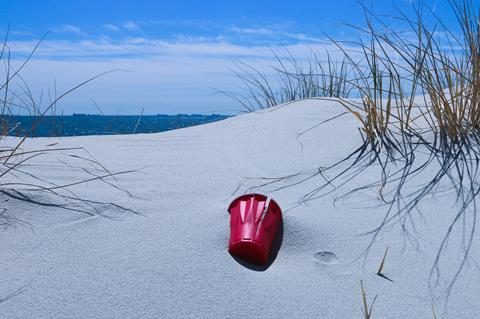
The industry is in a right pickle over plastic. It’s the oil (literally) in the great grocery machine. Food waste, shrinkage and prices would all soar without it (not to mention CO2 levels); while food safety, consumer choice and innovation would plummet.
Yet for all the obvious benefits of plastic (and packaging more generally), the industry can no longer hide the fact that it’s polluting our planet. Our dirty little secret is no longer a secret.
It’s bad enough being a guilty consumer, as you grab a coffee on the go, tuck into a packet of crisps in its laminated bag, rip open an unrecyclable pouch or plastic punnet, or throw yet another coffee pod in the bin. And who has time to weigh some carrots, stick a sticker on them, and put them in the bag you’ve remembered to bring along, these days?
Are Unilever’s new plastic commitments as significant as they sound?
But the industry’s guilt trip is even worse. Unilever CEO Alan Jope was in full hairshirt mode this week as he admitted that, with the equivalent of one rubbish truck of plastic being dumped into our oceans every minute, it was “a certainty” that as the third largest consumer goods company in the world, Unilever would have made at least one of those items “and probably more”.
So you’re damned if you do nothing. But you’re damned if you don’t. Halving the amount of plastic it uses to 350,000 tonnes is a significant and tangible commitment, but whatever the industry does, it’s a drop in the ocean. We can’t create a circular economy overnight. We can’t flick a switch, developing new substrates - or even reverting to old ones - in the volumes that are needed at the drop of a hat. And some of the issues and behaviours exposed by the plastic pickle are unresolvable without sacrifices being made. Sacrifices that few - even purpose-driven brands - are prepared to make.
It’s crucial, however, that we keep trying. So, in this issue, we’ve captured some of the exciting and pioneering work taking place across the industry to change the world. We can’t change it back. But we can change it for the better. We are on a journey of 1,000 miles. We have a limited time to complete it. But every step towards it is progress.







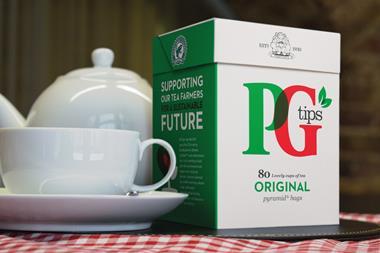
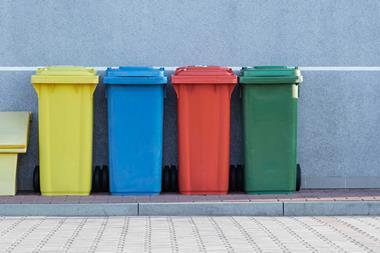

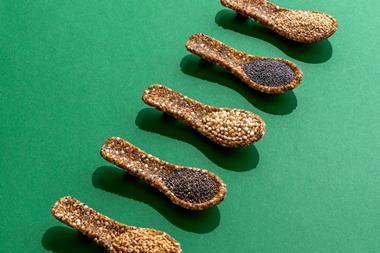

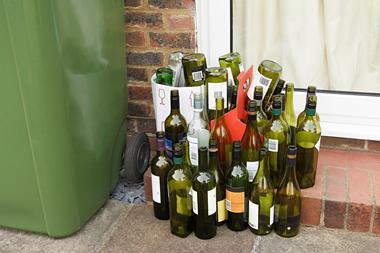



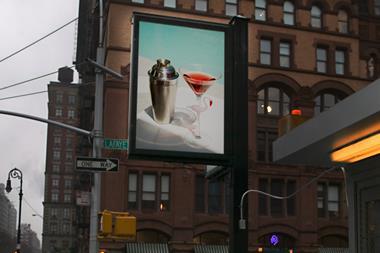


No comments yet